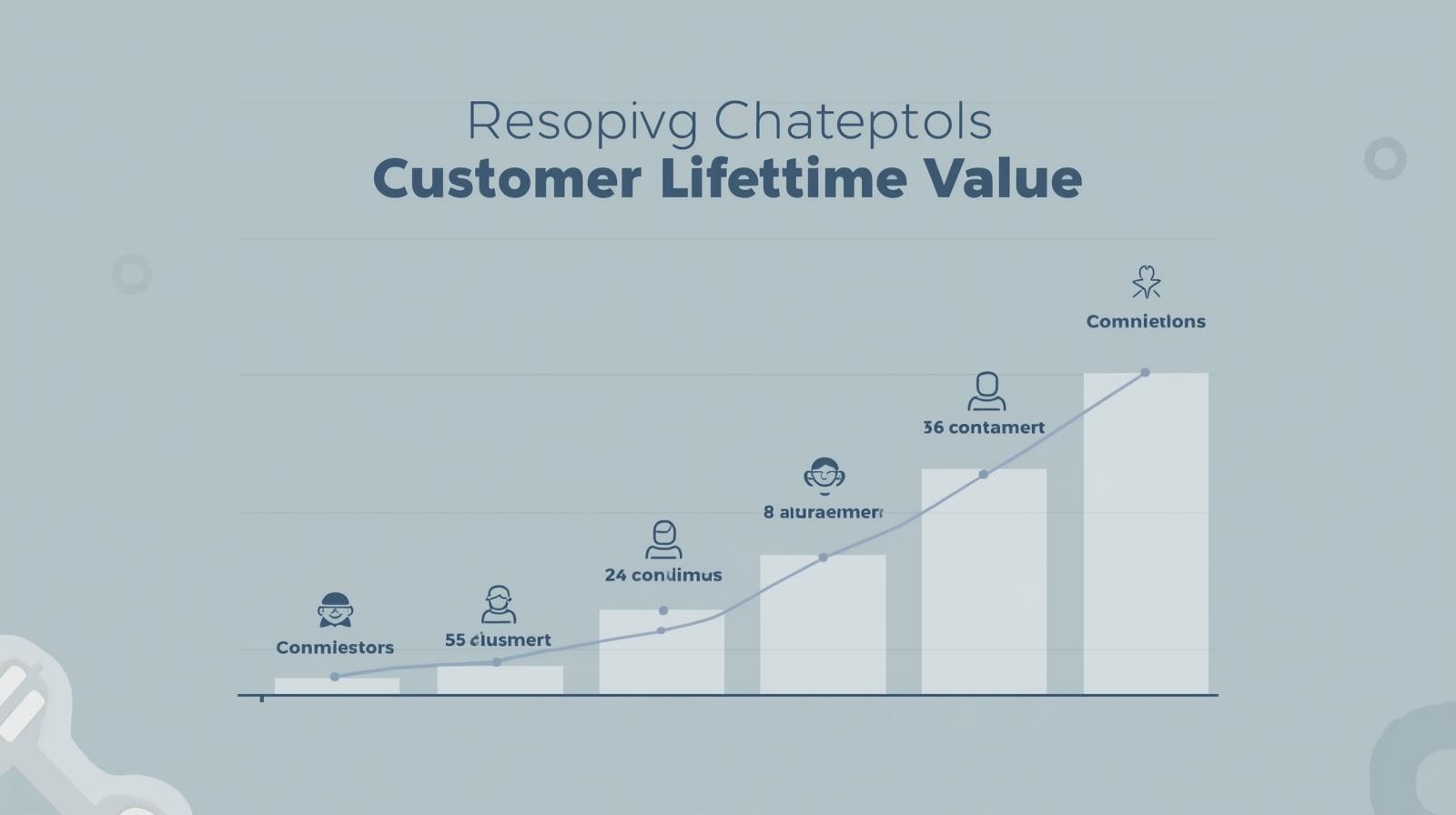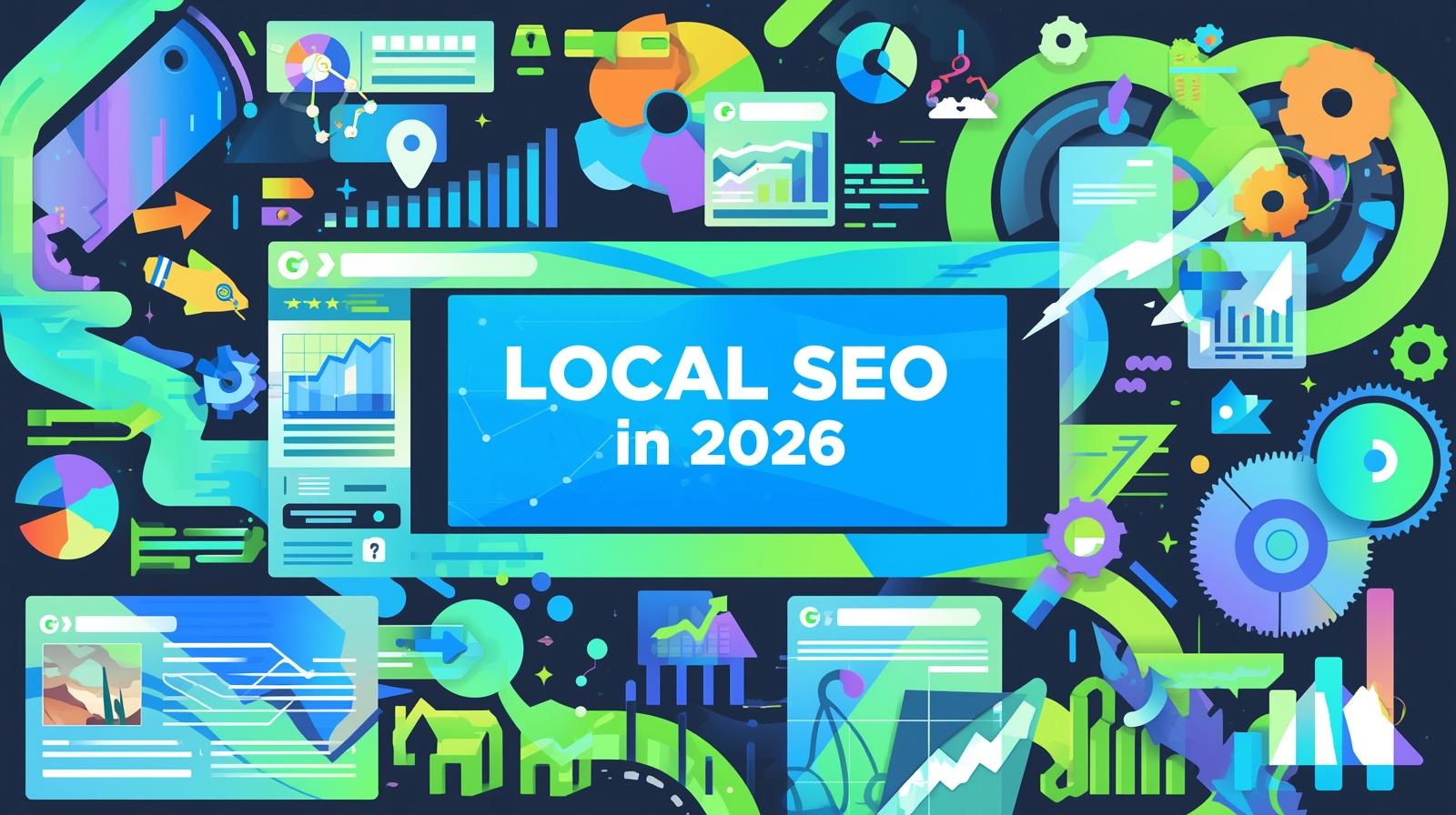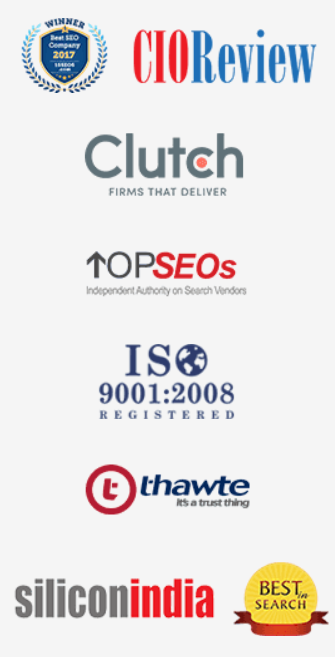A common term that can be heard when talking about performance marketing is Lead generation. Performance marketers guarantee that the campaigns will deliver authentic and reliable leads. But as a client, a question that might come to your mind must be, “What is meant by these leads? Are they essential? And How do Marketers generate and evaluate Leads?”
So in this blog, we will discuss about the leads, the marketer’s approaches and their evaluation.
What are Leads?
As per the experienced performance marketer, a lead is the reflection of an audience who can be converted into a potential customer. Generating leads is simply related to targeting potential audiences through different means to convert them.
The basic example of leads can be found in your daily life. Let’s suppose, you are looking to buy a house, and then the agent that you have contacted, can pass your number to a bank agent. For the bank agent, you are a potential lead, because buying a house is an expensive decision for which you must need a home loan. Hence, the agent will further connect you and will try to convert you into his customer.
A similar approach is being followed by performance marketers. They create innovative ads that help in attracting potential audiences and provide the brand with relevant data. These audiences can further be converted into customers by providing them with quality and satisfactory services.
Types of Leads?
Hope the above information has provided you with relevant data regarding what Leads are. But you will find it interesting that there are several different types of leads. Performance marketers rely on these different types to check and justify the performance of their campaigns.
Sales Qualified Leads:
This is a type of lead that has already made a purchase or has a high intent to make the purchase. It can be identified that a customer who clicked on the promotional post, landed on your website and added the product to the cart is the sales-qualified lead. There are high chance that such a customer will proceed with the final sale.
Such a type of lead is a clear reflection of the fact that your marketing campaign has landed at the right spot. Further can also contribute towards improved website traffic, and trust, if product/service quality and user experience are effectively focused on.
Marketing Qualified Leads:
A marketing-qualified lead includes the customer who somehow arrived on your platform, but still to convert them there is a need for certain marketing efforts. For example; the performance marketer posted an offer that shows a 20% discount. Due to such an offer, a customer arrived at your platform. But didn’t make any purchases and simply left the website after browsing for products.
On the other hand, assume that you are offering services and have a promotion offer of 30 30-day free trial. Such a trail attracted several audiences and they opted for the 30-day free plan. But to retain them and convert them into paid users, there is a need for additional marketing efforts.
Hence, such an audience can be considered to be a genuine lead but would require you as a brand to spend more on marketing.
Information Qualified Leads:
Such leads are generated mostly at the earliest stage of the buyer’s journey. Such a lead is generated when a user/audience raises a query or concern regarding your product. These leads can be generated either on your platform or any other platform. For instance; a user posts a question regarding a product on social media, and your marketer spots it. Then the user can be an information-qualified lead.
If the user has been provided with satisfactory information, then there are high chance that the audience can be converted into a potential audience.
Product/Service Qualified Leads:
These types of leads specifically focus on the leads that have been generated specifically for the product and services. These kinds of leads are mostly generated through the feedback or the question/answer section as well as on the discussion forums where the customers discuss on their interest areas or share their views on the products.
Hence from such platforms, marketers can extract relevant leads and can plan their marketing campaigns specifically for such an audience base.
How does Lead Generation Work?
The simplest definition or working process of Lead generation is that it is an approach through which potential customers can be identified and converted. The marketer makes use of different platforms and channels to generate relevant leads and further decides on their conversion.
Hence, it can simply be stated that Lead Generation has two main actions; generating leads and converting clients. Now let’s move on to a detailed process for lead generation.
Step 1: Discovering Audiences:
The first and foremost step being followed by a leading performance marketing agency in India is to discover potential audiences in the marketplace. Such helps the performance marketers to know about the marketplace in detail. Also to identify the platforms where the potential audiences can be found.
Step 2: Creating Content:
Based on the identified platform and the specific needs associated, the marketers further plan on creating unique and creative content. Such content can be in the form of images/creatives, blog posts, or any other social publishing format. The only aim of such content is to target and attract the audience’s attention. Partnering with a leading and experienced Performance Marketing Agency in India can help you explore more of such creative approaches to attract audience attention.
Step 3: Posting and Engaging with them:
The next stage in the lead generation process is to focus on posting the created content and further engaging them. The marketers keep an eye on any of the comments or shares received on the content posted and further engage with the audiences. Such an engagement helps to know more in-depth about the audience’s needs and interests. Also, through such discussions, better brand promotion can be ensured.
Step 4: Converting the Audiences:
A further stage in the lead generation process involves converting the audience. Such a conversion is done by providing the audiences with the required information as well as offers/discounts. However, in the process, the performance marketers ensure maintaining the level of ethics and transparency so that no fake or misinterpreted information is passed on.
Step 5: Retargeting:
It is not always important that a customer might get converted in the very first encounter. The first encounter can be a situation in which the audience gets to know about your brand. Hence, in such a process, the marketers need to plan effective remarketing approaches. It includes keeping a check on audience needs and communicating them accordingly. The marketers make use of email and text marketing to keep the audience engaged and updated. Such helps in retargeting those audiences who were left out during the initial marketing approach.
Step 6: Retaining:
The final stage of lead generation, which might also not be considered as a part of the process is making efforts to retain an audience. Once you have generated a lead after much effort, the next step must be to retain them. To retain the audience, performance marketers keep them informed about the new product offerings and any new discount offers. Such helps in both engaging and attracting audiences.
Benefits of Lead Generation
Lead generation Process can have significant benefits for a brand/organization. Such benefits include focus towards:
- Better industry evaluation:
A potential benefit of active lead generation is that it helps marketers get a better understanding of the audience’s needs in the marketplace. Lead generation and further interacting with them helps to understand the shifting needs. Based on such necessary changes can be introduced to the products or the marketing approaches being adopted.
- Effective allocation of funds:
Conducting lead generation allows marketers to allocate their funds and efforts to a specific direction. Based on the leads generated the marketers can plan on the marketing campaigns and strategies in the marketplace. Also, better decisions regarding the management of marketing costs and funds can be ensured.
- Improved Conversion rates:
Lead generation strategies can also help in improved conversion rates. Focusing on quality leads helps to ensure that the marketer is targeting the right audience. Such a right audience includes the focus on the users who are actually looking for the products and services. Hence, it helps in improving the conversion rates.
- Helps in Relationship building with potential customers:
Lead Generation approaches help to identify potential customers who can be converted through active marketing and remarketing approaches. Further, such a remarketing approach involves focusing on establishing industry relations with audiences and delivering satisfactory services.
How to Justify the Quality of Leads?
Leads are important for businesses, but along with generating the number of leads, it is also important to have a check on the lead quality. However, a common question that marketers have is how to justify the quality of leads. Experienced performance marketers can ensure the adoption of certain key approaches or a staged process to justify lead qualities. Let’s discuss on how experienced performance marketers check for lead quality.
- Defines standards:
The first and foremost step being adopted by performance marketers is setting up certain key standards. Such standards are defined based on the brand’s needs and audience interests. It also includes the demographic of the consumer that you are targeting/looking for. Hence, can act as the base of the lead generation process.
- Consider the queries and interaction purpose:
Every user coming on your social media channel or commenting on your post is not your lead. You need to consider the purpose for which the user has interacted with your post. Does he/she have a genuine concern/interest or just comment randomly on your profile? Also, the best way to identify the lead quality is by considering the platform or channel through which the user has approached you.
For instance, if a user has posted a query on your website’s query section, then there are high chance that the user is curiously searching for a product and knows or wants to know about your brand.
- Track Past Data:
Marketers also focus on past trends and data collection to set their current strategies for attracting and retaining audiences. The past data trends can help you to categorize audiences based on the queries raised by them. Based on such a query the marketer can filter out the search results and can identify the relevant leads. Such approaches also help to cross-check the multiple perspectives of the audience and to understand more about your audience’s specific needs and interests.
The above-mentioned factors are some of the common factors that are being used by performance marketers to check the quality of leads. However, you can learn more about such an approach by interacting with a leading performance marketing agency in India.
Tips to Improve Lead Generation?
Hope the above information has provided you with relevant information concerning the significance and need for effective lead generation for businesses. But still, several challenges and issues are being faced by the brands which need to be considered. Hence, considering those we present you with certain essential tips that you must follow to improve your lead generation approach.
- Set Realistic Expectations: To get quality leads you need to set realistic expectations and standards that are properly aligned with your brand. Such can help you identify and work on only the audiences that can be your potential customers.
- Remove unnecessary complexities: Being a brand, you must ensure providing an easy passage for your audience to reach you. Such can include introducing a query section on your website or being active on social media to reply to your audience’s queries. These factors play an important role in enhancing audience experiences and their repeat rates.
- Consider Personalization and Customization: To generate quality leads it is important to understand the platform dynamics and to develop ad campaigns accordingly. You can get such a customised ad type by interacting with a Performance marketing agency in India. They have a better understanding of industry trends and can help you develop campaigns accordingly.
- Work on Retargeting/Remarketing approaches: A key tip by experienced performance marketers is to work on remarketing approaches. As it is not possible to target every audience in the first encounter. Hence it is important to work on approaches to retarget such audiences and influence their decisions.
Wrapping Up
Lead generation is the first stage of potential interaction with your customers. As it helps the brand to know about their customers and serve them accordingly. However, at this stage, the brands need to partner with a leading Performance Marketing Agency in India. It is so because the campaigns create a brand image that can impact your audience’s attraction and association with your brand.
Hence, before making any decision you must connect with our digital marketing experts at Verve Online Marketing. We are a leading performance marketing services provider in India, helping brands to reach their targeted audience base. Our experienced marketers have worked with brands across the global marketplace and different sectors. So what are you waiting for Book your consultation slot today and get expert help for your brand.






